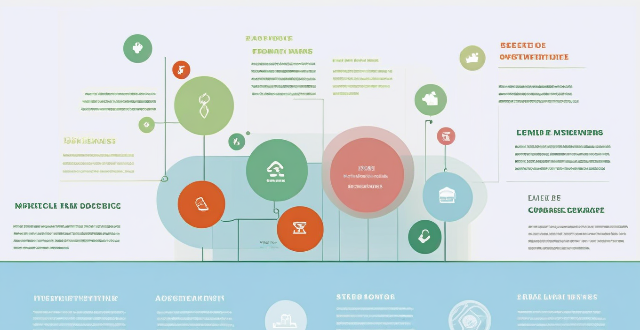Renewable energy is crucial for mitigating climate change by reducing carbon emissions. It displaces fossil fuels, lowers emissions intensity, improves energy efficiency, and reduces system leaks. Benefits include mitigating climate change, improving air quality, and offering economic advantages such as job creation and savings on fuel costs.

The Role of Renewable Energy in Reducing Carbon Emissions
Introduction
Renewable energy plays a crucial role in mitigating the impacts of climate change by significantly reducing carbon emissions. Unlike fossil fuels, which release large amounts of carbon dioxide (CO2) and other greenhouse gases into the atmosphere when burned, renewable sources produce little to no carbon emissions. This makes them an essential component in the global effort to combat climate change.
How Does Renewable Energy Contribute?
- Displacing Fossil Fuels: The most direct way renewable energy reduces carbon emissions is by displacing the use of coal, oil, and natural gas in electricity generation and other energy-consuming sectors. When wind turbines or solar panels are used to generate electricity instead of coal-fired power plants, for instance, the CO2 emissions associated with energy production are drastically reduced.
- Lowering Emissions Intensity: Renewable energy technologies generally have a lower emissions intensity than fossil fuels. That means they produce fewer emissions per unit of energy generated. As more renewables are integrated into energy mixes, the overall emissions intensity of energy supply decreases.
- Improving Energy Efficiency: Renewable energy technologies often come with advancements in energy efficiency. For example, modern solar panels and wind turbines are increasingly efficient at converting their respective resources into usable electricity. This means that less energy is wasted in the process, and therefore, fewer emissions are produced.
- Reducing Leaks in the System: With distributed generation, such as rooftop solar panels, energy does not have to travel long distances from centralized power plants to consumers. This reduces transmission losses, which would otherwise require additional fossil fuel combustion to compensate for those losses.
Benefits of Reduced Carbon Emissions
- Climate Change Mitigation: By reducing carbon emissions, we can slow down the pace of global warming and the severity of its impacts, including rising sea levels, extreme weather events, and disruptions to ecosystems.
- Improved Air Quality: Fewer carbon emissions also mean less pollution in the air we breathe, leading to better public health outcomes and reduced environmental damage.
- Economic Benefits: Investing in renewable energy creates jobs, saves money on fuel costs in the long run, and can reduce the economic risks associated with fluctuating fossil fuel prices.
Conclusion
The shift towards renewable energy is not only beneficial for the environment but also offers numerous economic and social advantages. As technology advances and costs continue to decline, renewable energy will play an increasingly important role in reducing carbon emissions and fostering a sustainable future.